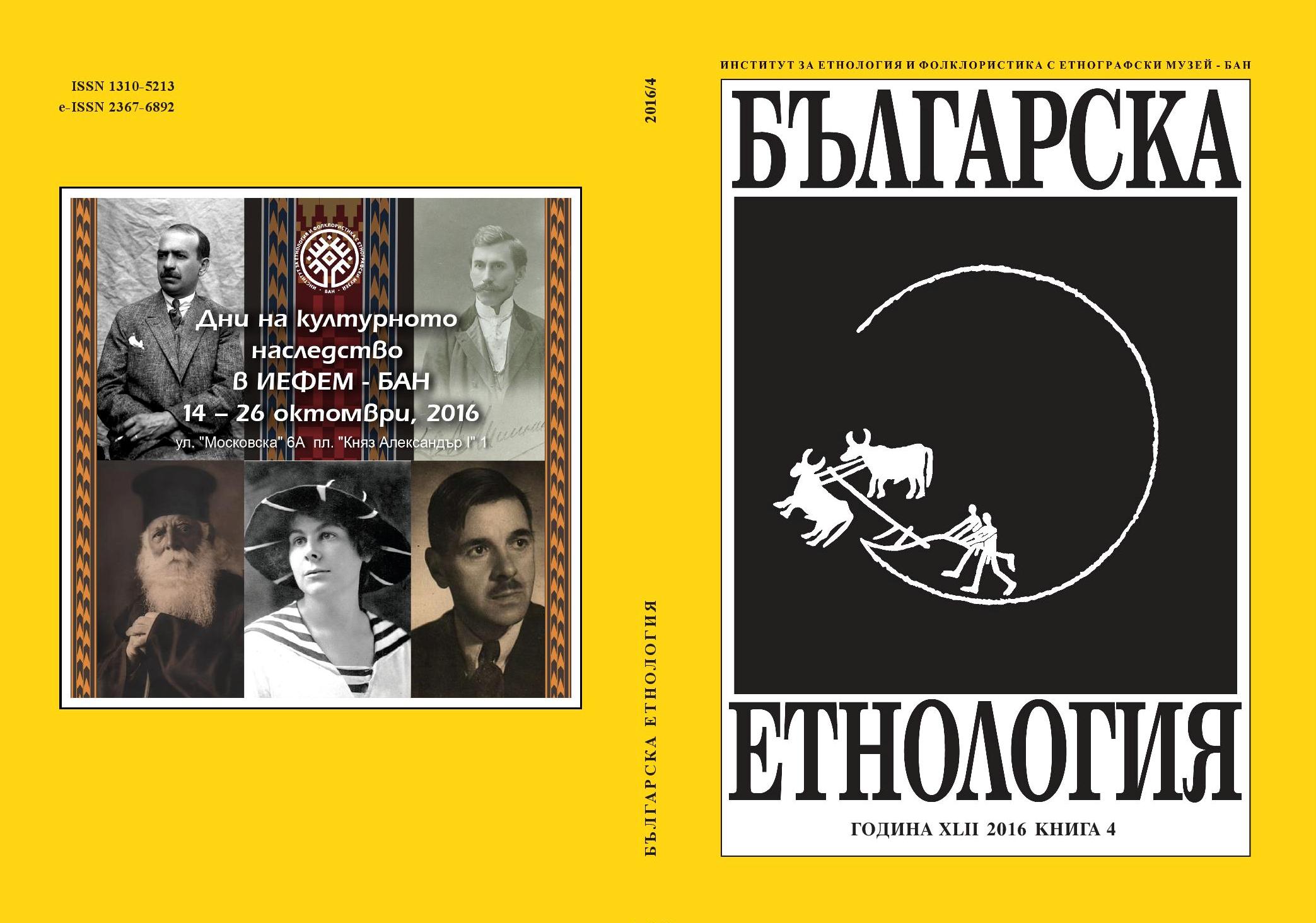
We kindly inform you that, as long as the subject affiliation of our 300.000+ articles is in progress, you might get unsufficient or no results on your third level or second level search. In this case, please broaden your search criteria.

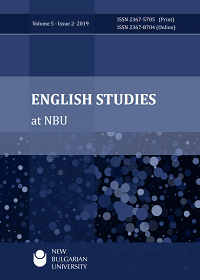
This article comparatively examines French and English literature based on two novels published in 1947, Malcolm Lowry’s Under the Volcano and Jean-Louis Curtis’ The Forests of Night. Both novels employ the mythic device to construct narratives on the twilight of the British Empire and the German occupied French Vichy regime, respectively, depicting experiences of resistance and collaboration on the eve of and during the Second World War. Both invent a system of symbolic imagery modelled on the Surrealist template in Jean Cocteau’s The Infernal Machine, that turns the classical mythic device still prevalent in the early 20th century (i.e. in Joyce or Eliot) upside down. The revolution in Mythic Imagination follows the Structuralist Revolution initiated by Durkheim, Saussure and Bachelard, evacuating fixed ontological architecture to portray relational interdependency without essence. These novels pursue overlapping ethical investigations, on “non-interventionism” in Lowry and “fraternity” in Curtis. The novels raise questions about the relation between colonialism and fascism and the impact of non-Western mythic universes (i.e. Hinduism) upon the Mythic Imagination. They have implications for our understanding of gender relations, as well as the value of political activism and progress.
More...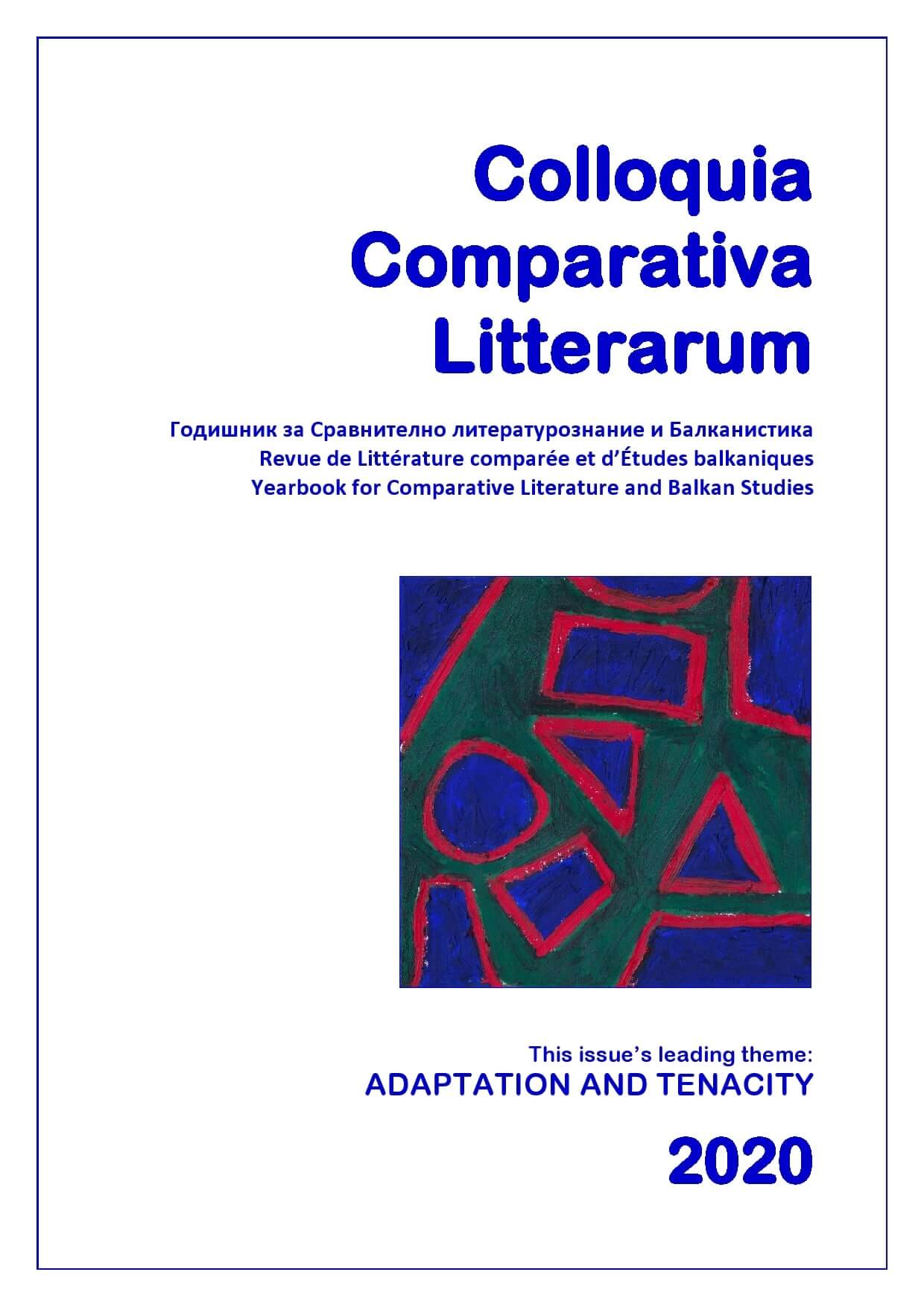
In the Western European novel, the death of the nobleness of the soul brings to life the “social realism” characteristic of Balzac’s work. This change is signified by the transformation of the novel’s protagonist from a moral into a social individual (S. Hadzhikosev). Later, this development will logically progress into the ascension of the antihero and conclude with the “cynical realism” (“réalisme cynique”), preached by authors like Frédéric Beigbeder. Reflecting on several major novels written in the 19th and 20th centuries, this article strives to answer the principal question of whether the novelist could take another realistic path, and tries to imagine what this path would look like.
More...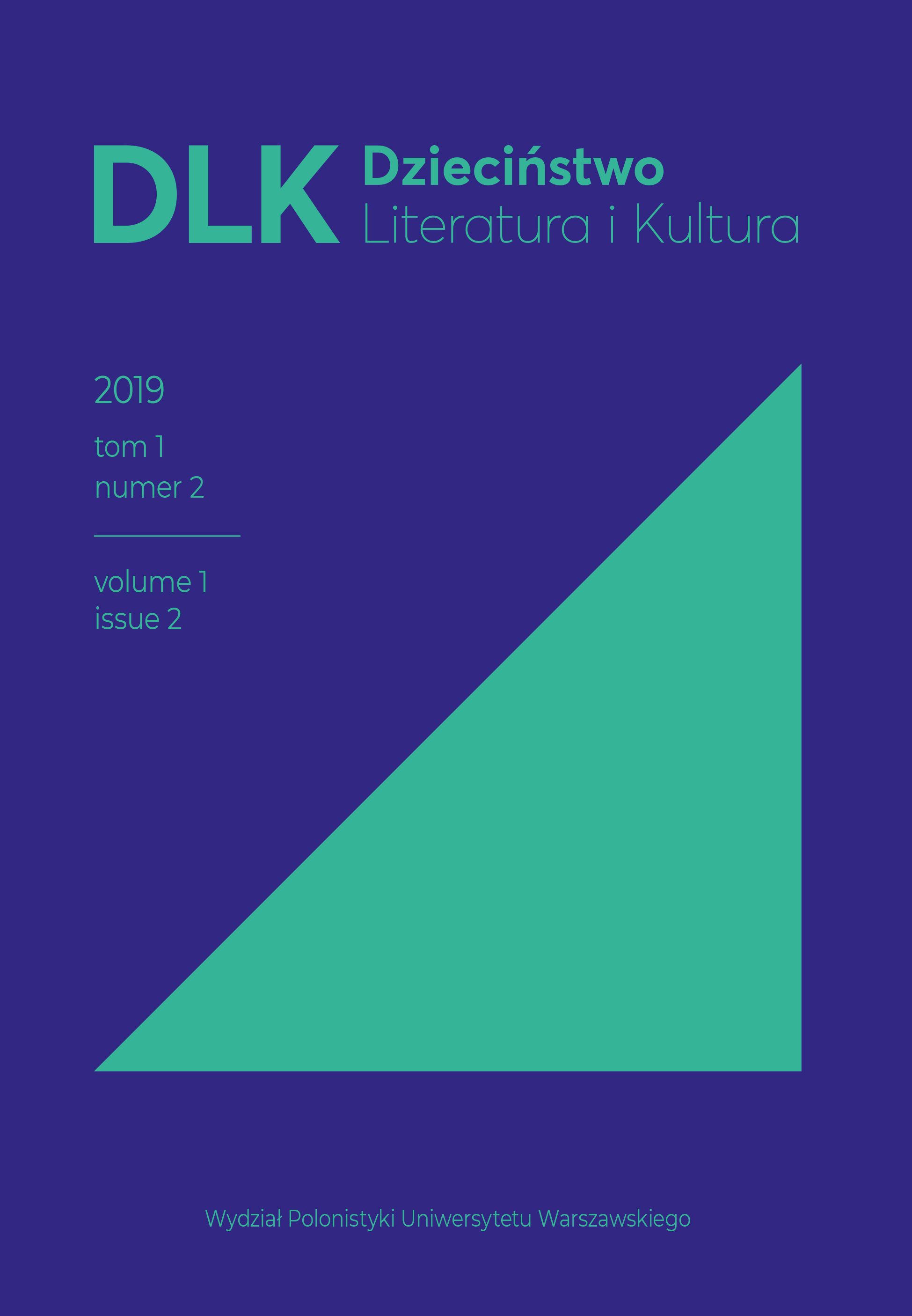
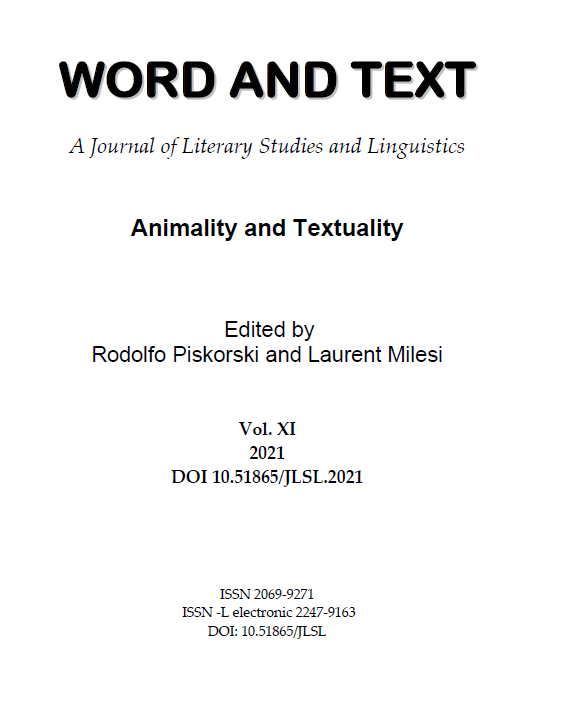

The essay puts to the test Darwinian evolutionist theories, especially the key concepts of adaptation, natural selection and survival of the fittest, in the reading of several plots and fictions (some of them Ark-related animal fictions) concerned with evolution, trauma, adaptability, mimicry/mimesis and survival: Julian Barnes’s Flaubert Parrot and A History of the World in 10½ Chapters, Timothy Findley’s Not Wanted on the Voyage, Robert Kroetsch’s The Studhorse Man and John Fowles’s The French Lieutenant’s Woman. Weaving its critical argument with reference to several of Derrida’s reflections – on the impossibility of a pure origin, the proximity between commencement and commandment, the logic of obsequence, or relation between being and following (je suis), applied deconstructively to the traditional hierarchy between the human and the animal, mastery and monstrosity, and logos and bêtise, etc. – ‘Zo(o)graphies’ is structured in a series of interlinked tableaux, bestiaries as well as insets (Thomas Pynchon’s Gravity’s Rainbow, Jacques Derrida’s Glas). Following from the opening evocation of Peter Greenaway’s Vermeer-themed film A Zed & Two Noughts, which introduces the joint semantics of zographein: to paint from life, and zoon: animal, discreetly at work throughout, this study will eventually attempt to recast the problematic of the evolution of literature and literary forms as involution and regression.
More...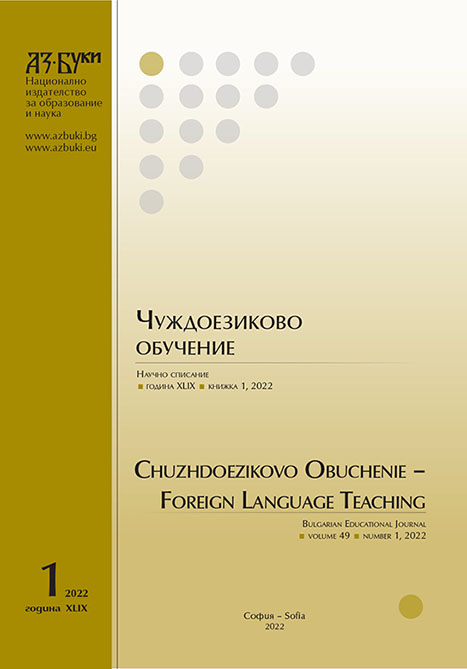
Michel Del Castillo's novel Death of a Poet was published in 1989, before the collapse of totalitarian systems in eastern countries. It is an autobiographical fiction. The action takes place in 1988. The narrator, Igor Védoz, relates the last events of the fall of a dictator, Marshal Carol Oussek, the "Guide" of an imaginary republic, Doumaria, a country located in the center of central Europe. It’s a reflection on absolute power. The intrigue is built on a detective plot. The investigation carried out by Igor Védoz allows us to glimpse some of the secret mysteries of power in this "Socialist, democratic and peaceful Republic of Doumaria". What does it reveal about the death of this dictator, a victim of himself, within the mysterious arcana of his own power? How is the story built on a police mystery, the discovery of multiple machinations and the secrecy of a fraud?
More...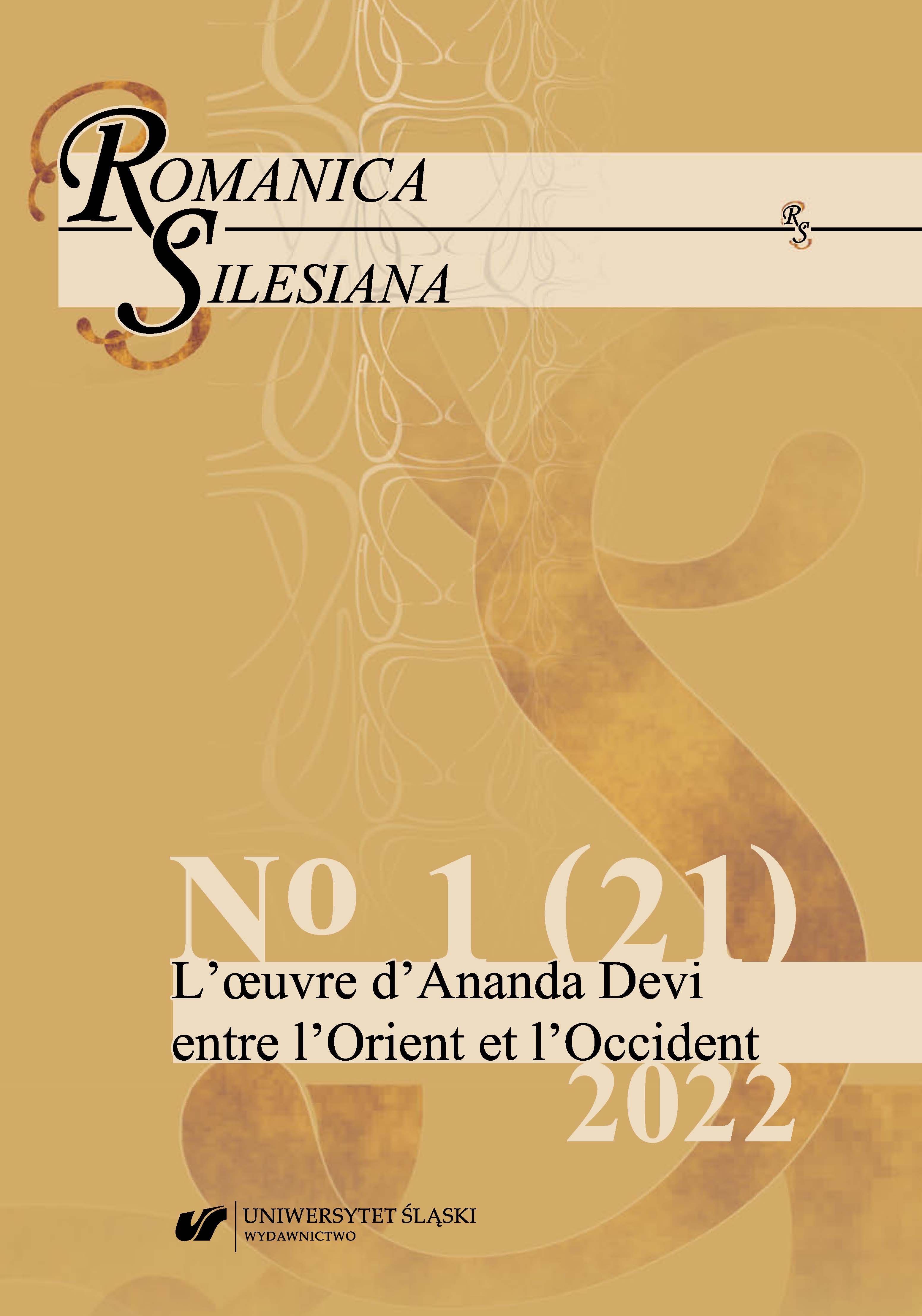
In her novels, Ananda Devi has always known how to immerse us in texts ennobled by local paintings where matrix India appears through the representation of a Cosmogonic universe dominated by magico-spiritual symbolism. Certain homogeneous interpretations, the fruit of historical constructions, obscure, even sometimes neglect, the deeply rooted heterogeneity of Indian traditions in Mauritius. This “bipolar contrast” (Sen, 2007), the sum of imaginary splices and cultural inter-fusion, nevertheless constitutes the humus of the Mauritian identity built over the course of colonial history. The author then illustrated herself through her writings as a major figure in this form of binary representation of the Mauritian universe. Our study aims at revealing the imaginary amalgams that circulate in Devis texts, starting from forms of discourse and knowledge surreptitiously disseminated in motifs such as the “sari” and “the hair”. By relying on an ethnocritical analysis grid, we will show how the Devi’s ethnotexts (Motsch, 2000), manage by a meiotic effect, to shape a “new humanism” at the antipodes of “orientalist representations” (Said, 1978) and ethnocentric of India as seen by the West.
More...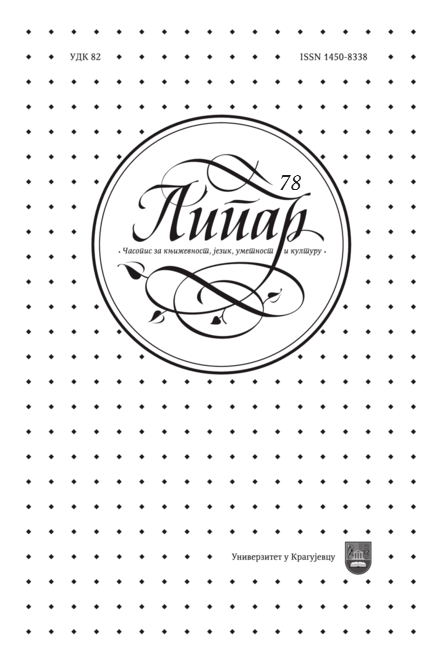
L’article examine la représentation et la valorisation de la féminité dans le corpus formé par cinq bestiaires français traditionnels du XIIe et du XIIIe siècle : le Bestiaire de Philippe de Thaon, le Bestiaire de Gervaise, Le Bestiaire divin de Guillaume de Normandie, le Bestiaire de Pierre de Beauvais et le Bestiaire du pseudo-Pierre de Beauvais. Notre analyse démontre que les figures féminines (humaines et animales) sont représentées dans le corpus conformément avec l’idéologie de cette époque, notamment avec la valorisation des sexes dans le Moyen Âge, héritée de la culture judéo-chrétienne et de l’antiquité grecque et latine.
More...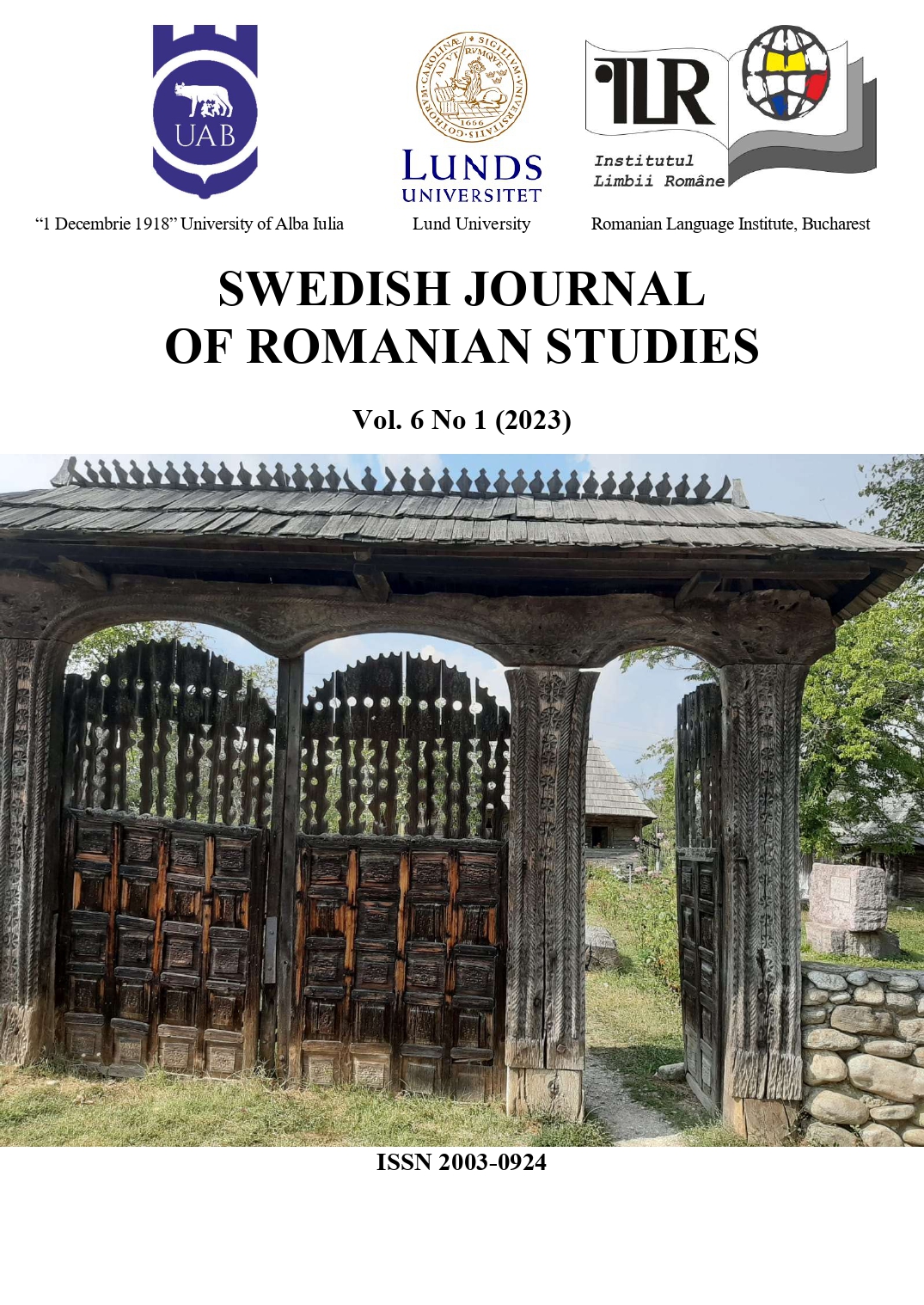
This study analyses the relationship between failure and success from two perspectives: creative psychology and sociology of creation. By starting from Angelo Mitchievici’s recent book, “Farmecul vieților distruse. Câteva reflecții despre ratare” [The Charm of Failed Lives] (2022), which explores one of the favorite themes of decadent literature and art (failure), I aim to highlight the most relevant existential postures in a writer’s life: the anti-bourgeois aristocratic posture (the dandy) and the proletarian-democratic posture (the bohemian). It is not by chance that Mitchievici dwells on the works the Romanian-French writer Emil Cioran, who tried to build an image of a secluded writer, close to anonymity, avoiding to cultivate both the bohemian and the dandy style, by adopting a lifestyle shaped by the cult of work and discipline, in the spirit of the Protestant ethics theorized by Max Weber. Mitchievici explains very convincingly how, once he emigrated to Paris, Cioran completely abandoned the Romanian language, in which he was convinced he was failing as a writer, in order to devote himself exclusively to writing in French, with the idea of conquering global glory. In addition to Cioran, the authors in focus are Francis Scott Fitzgerald, Shakespeare, Voltaire, Flaubert, Dino Buzzatti, Mihail Sadoveanu, Mircea Cărtărescu, etc., which provides the critic with the opportunity to reconnect with his former books (e.g. “Decadență și decadentism în contextul modernității românești și europene”, 2011) and to show a refined and mature essayist’s vein.
More...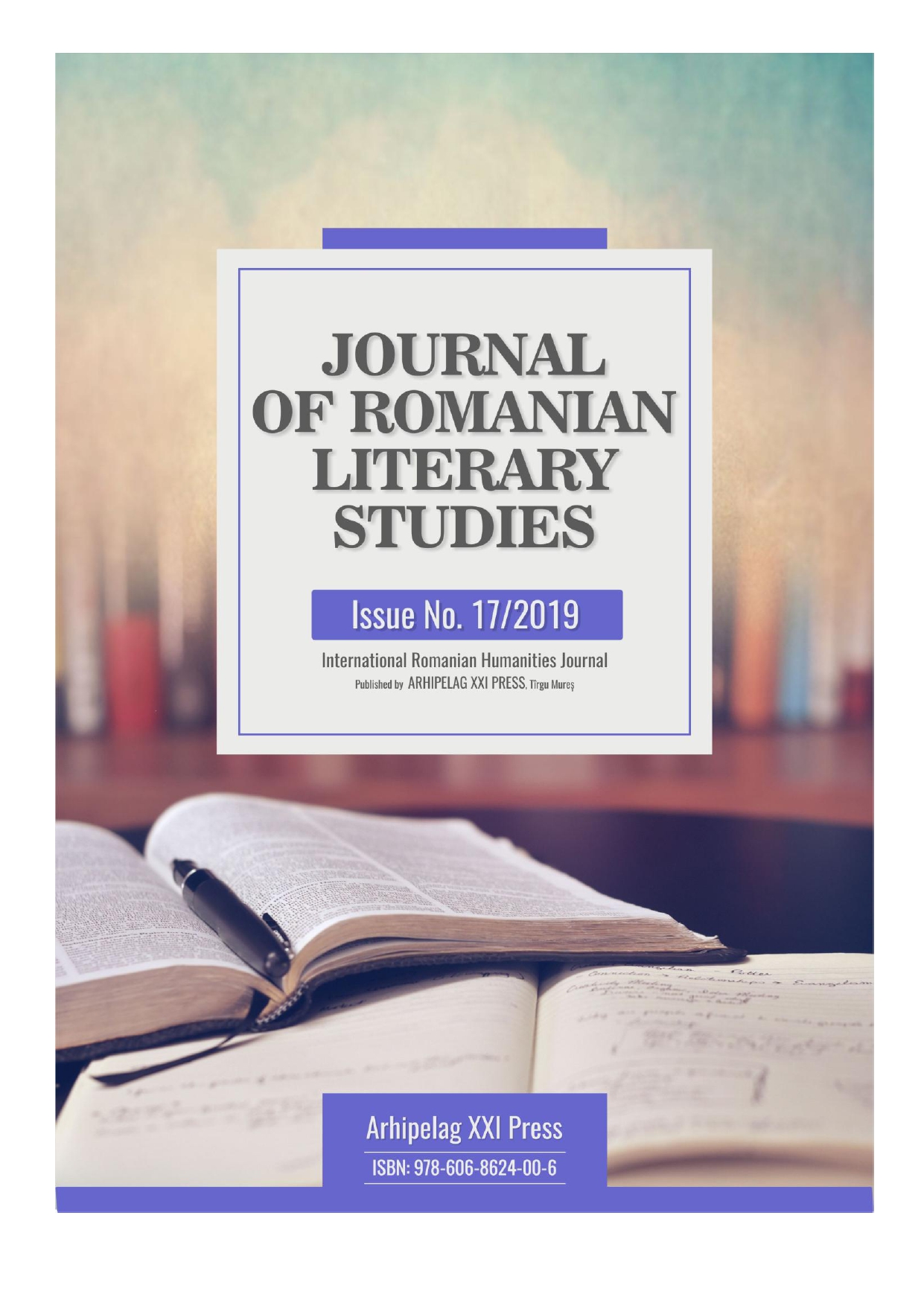
This paper contains a brief analysis of the French cultural environment between the 18th and 19th century in order to closely observe, starting with the reception of Shakespeare‘s texts, the way in which translation was imagined and accomplished during the ,,belles infidels” era. The study takes into consideration both the opinions of the French literati regarding the threat that Shakespeare‘s theatre poses to the neoclassicist paradigm and the way in which these literati chose to translate the author. A general direction in the reception of Shakespeare‘s plays is thus identified and is represented by the resistance to foreign elements that, from one case to another, involves either a categorical refuse towards change or an attempt at cultural acclimatization. The study of the aforementioned translations, from Voltaire to François-Victor Hugo, is representative to a culture that slowly transitioned, from the point of view of translation studies, from cultural hegemony to the ideal of univocacy. The subject approached also occasions a discussion about the creation of meaning, at the level of the author‘s intentionality as well as at the level of reception. The study of Shakespeare‘s translations presupposes the analysis of a cultural mentality that, shifting between its preservation instinct and its need to evolve, creates new meanings.
More...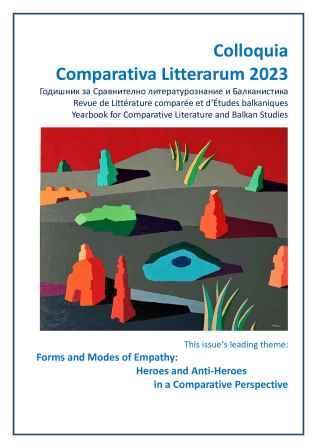
Book review: Antoaneta Robova. Artistic Characters and Cycle of Arts in Eric-Emmanuel Schmitt’s Prose Writings. Sofia, St Kliment Ohridski University Press, 2022, 304 p., ISBN 978-954-07-5505-2
More...
Book review: Nadezhda Stoyanova. Adornments and Grimaces. Fashion and Modernity in 1920s and 1930s Bulgarian Literature. Sofia, Paradigma Press, 2022
More...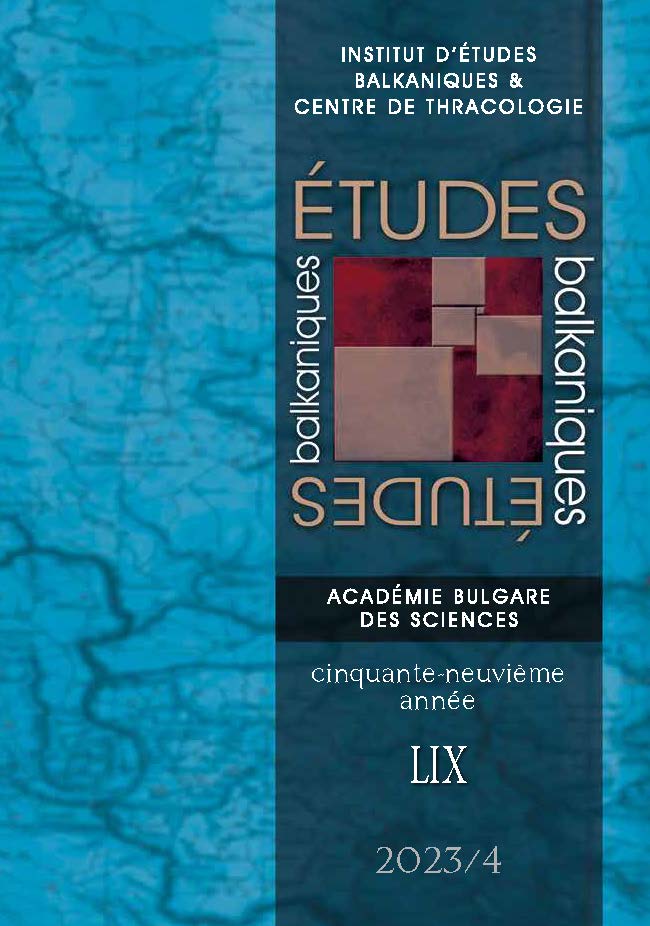
After completing his higher education in Romance/French Philology at the University of Sofia, and after having published his first award-winning books of poems, Latchezar Stantchev (1908 – 1992) won a scholarship from the Alliance française and continued his training in Paris between 1937 and 1939. With the acquired experience, the Bulgarian poet devoted himself to the translation of poetry in verse, both classic and modernist, from French and Francophone literature, including “La Chanson de Roland” and other masterpieces. The example of his verse translations contributed to the formation of contemporary criteria in the field of translation of poetry and literary texts into verse in Bulgarian. Latchezar Stantchev also contributed substantially to the rediscovering of Symbolism in Bulgaria, by translating works by Verhaeren in the midst of the dogmatic context of the 1960 – 80s behind the Iron Curtain.
More...
Albena Dimitrova (1969 – ), Bulgarian-born writer, poet and playwright, belongs to the corpus of « contemporary extreme » women writers who have chosen to express themselves in French, in the context of a migratory or exile situation, or out of an attraction to this language that represents the host country, France. In her novel Nous dînerons en français (2015) Dimitrova blends individual stories and major national events with extraordinary mastery. This work of autofiction bears witness to an era marked by austere politics in Bulgaria throughout the 1980s and 1990s, a tumultuous period when perestroïka and glasnost challenged the regime in power. Through the prism of a passionate and forbidden love, Dimitrova sketches the background of existences, showing how the destinies of individuals are buffeted by the winds of History.
More...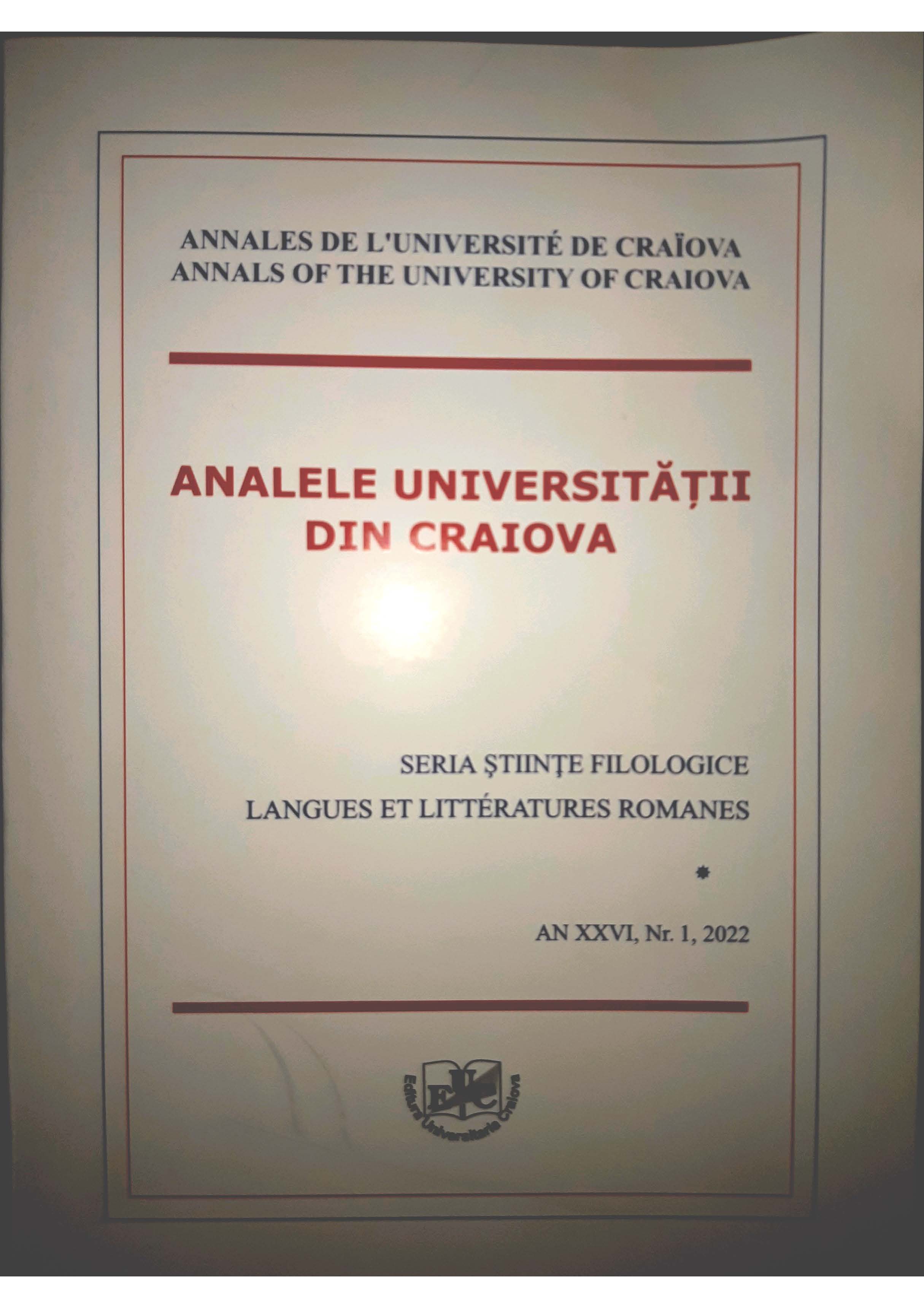
In these two texts, Zweig Stefan lucidly describes the fear that eats away people who are at fault. This feeling completely destroys the lives of the heroines. Thus, weakened, Irene and Mrs. C. are exposed to all kinds of emotion: fear, hatred, anger and madness succeed one another in their daily lives. Therefore, their confined existence, with no way out, is like an oasis. Through these writings and in a psychocritique approach, we find that fear is a stronger emotion than death. The victims of this feeling, weakened, tortured and profoundly scarred, lose all control. They live a cloistered and quiet life because of fear, and find their freedom only through speech and music.
More...![За книгата: Румяна Л. Станчева. Сравнително литературознание. Фаталната жена и 5 европейски кройки на романа. София, Изд. Колибри, 2023. [Roumiana L. Stantcheva. Littérature comparée. La femme fatale et 5 coupes européennes du roman]](/api/image/getissuecoverimage?id=picture_2024_82646.jpg)
Book review: Румяна Л. Станчева. Сравнително литературознание. Фаталната жена и 5 европейски кройки на романа. София, Изд. Колибри, 2023. [Roumiana L. Stantcheva. Comparative Literature. The Femme Fatale and 5 European “Cuts” of the Novel. Sofia, Colibri Publishers, 2023./ Littérature comparée. La femme fatale et 5 coupes européennes du roman.]
More...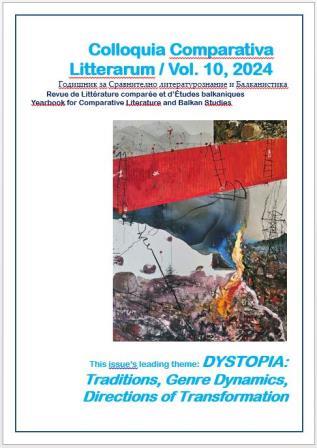
Book review: Impact et réception de la culture française dans les Balkans (XIXe – XXe siècles). Textes réunis par Raïa Zaïmova. Académie bulgare des sciences – Institut d’études balkaniques & Centre de thracologie, 2023, ISBN : 978-619-7179-39-2 [Френската култура на Балканите (XIX – XX в.) – Взаимовръзки и рецепция. Съставител Рая Заимова. / French Culture in the Balkans (19th – 20th Centuries) – Relationships and Reception. Ed. : Raïa Zaïmova.
More...
Book review: Балканските култури: диалог, трансфер, метаморфози. Под ред. Орлин Събев, Лора Тасева, Антоанета Балчева. София, ИБЦТ – БАН, 2023, 234 с., ISBN 978-619-7179-38-5 [The Balkan Cultures: Dialogue, Transfer, Metamorphoses. Ed. Orlin Sabev, Lora Taseva, Antoaneta Belcheva. Sofia, IBSCT – BAS, 2023].
More...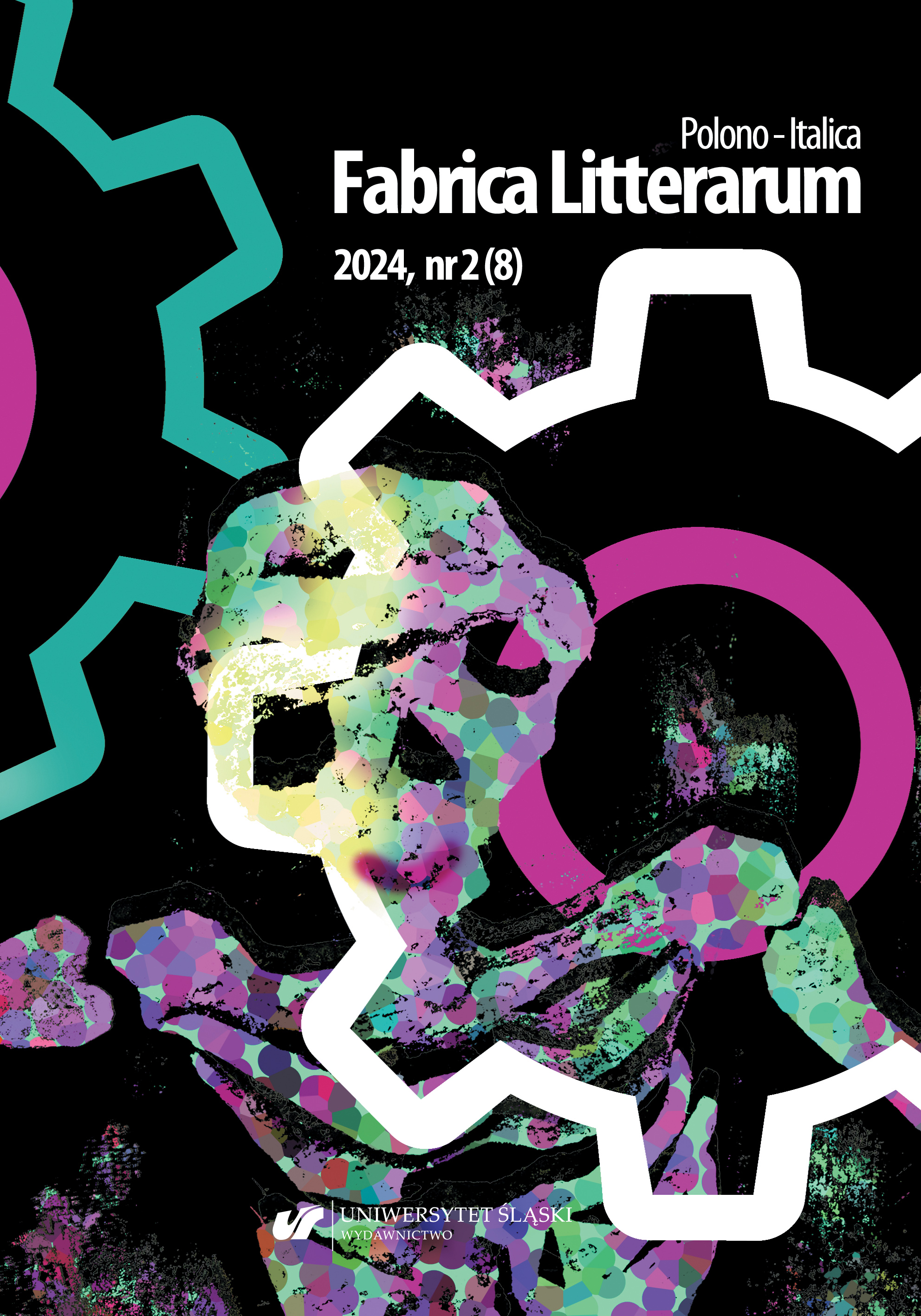
This essay explores the philosophical implications inherent in Samuel Beckett’s most enigmatic and metonymic late theater work, Not I, even as he frequently abjured any interest in philosophy, which he claimed neither to read nor to understand. The play is profoundly ontological, however, and its metonymic stage image engages the classical philosophical conundrum of the relationship of the part, a piece or fragment, say, to the whole, an issue with which Beckett has at least been intrigued for most of his creative life.
More...